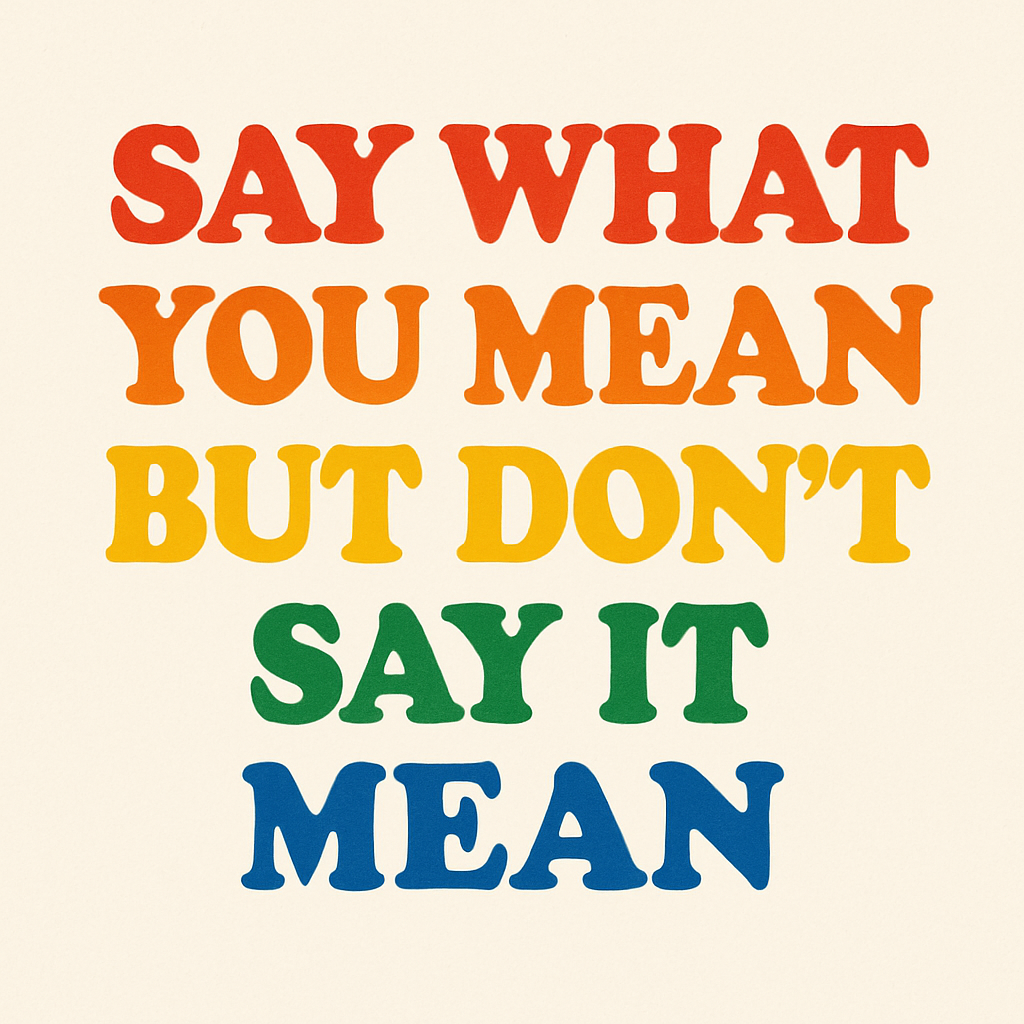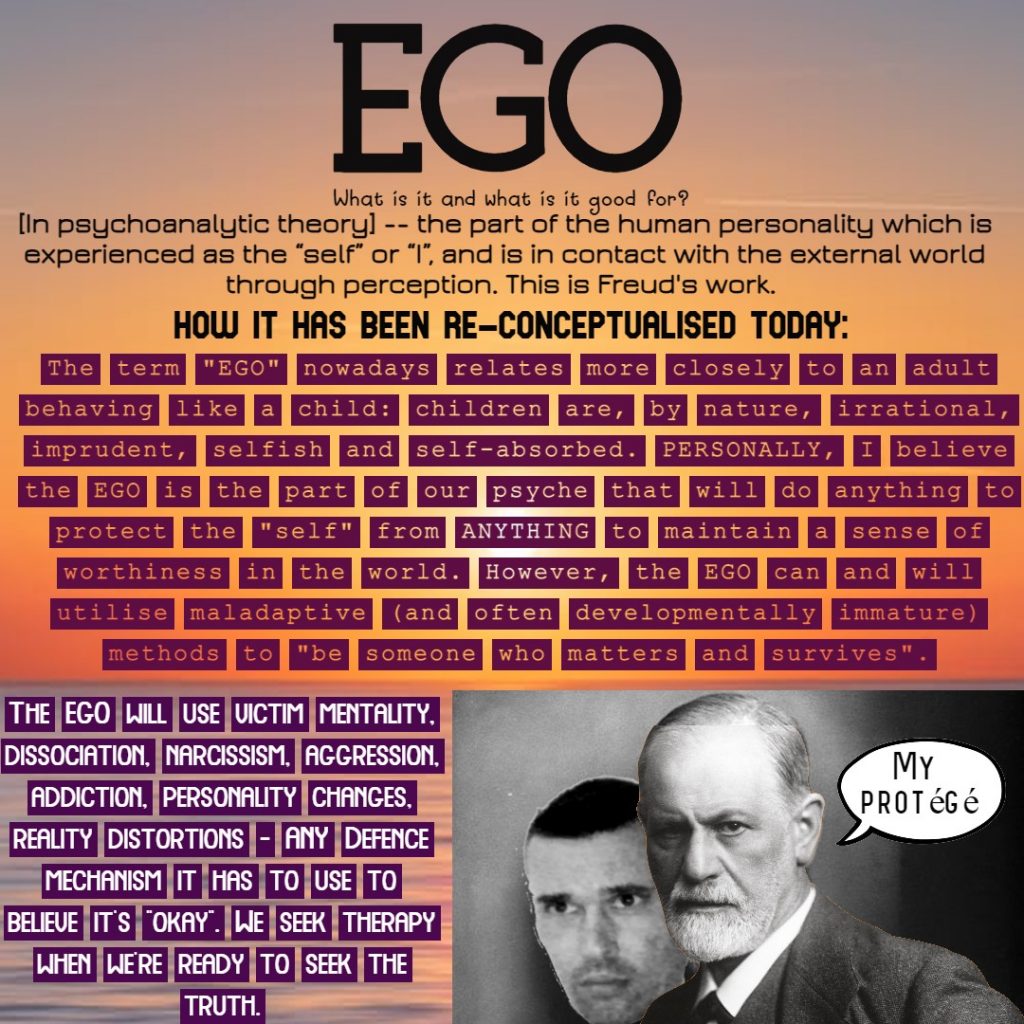If you’ve ever found yourself thinking “Part of me wants to change… but part of me’s not sure”, you’re not alone. That back-and-forth, weighing things up—“Should I? Shouldn’t I?”—is a normal part of how people process big (and small) decisions. In counselling, this is called ambivalence, and rather than seeing it as a barrier, Motivational Interviewing (MI) treats it as a starting point for meaningful conversations.
What Is Motivational Interviewing?
Motivational Interviewing is a counselling approach that helps people explore their own reasons for change, without pressure or judgment. It’s a respectful, supportive way of helping you work through the push-pull that often comes with making decisions. You’re in the driver’s seat—we’re just here to help you navigate.
You might hear MI described in different ways:
In simple terms:
“MI is a collaborative conversation style that helps strengthen your own motivation and commitment to change.”
In practice:
“MI is about helping you make sense of mixed feelings and explore what’s right for you—based on your values, your goals, and your life.”
MI isn’t about telling you what to do. It’s about listening deeply, asking thoughtful questions, and helping you make sense of where you’re at—and where you might want to go.
Why It’s Not Just a Quick Fix
While MI can be used in short sessions, the research shows it works best when there’s time to really explore your thinking. In studies where people had just one 15-minute session, the outcomes were decent. But when they had more time—say, several sessions of an hour—the results were much stronger. That’s probably because real change often takes time, reflection, and a bit of back-and-forth.
MI originally started in the health world—helping people reduce alcohol use, manage weight, or improve their health. More recently, it’s been used to address things like vaccine hesitancy. But MI isn’t just for health issues. It can also help with things like relationship struggles, career decisions, or anything where you might feel stuck or unsure.
Ambivalence Is Normal
Let’s say you’re thinking about quitting smoking, leaving a relationship, or starting something new. You might feel torn—part of you is ready, and another part isn’t. That’s ambivalence.
MI offers tools to help with this, including something called the Decisional Balance, which simply helps you look at both sides: What are the good things about staying the same? What are the reasons you might want to change?
But here’s the thing—MI isn’t about pushing you toward a particular outcome. If you’re trying to make a decision where there’s no obvious “right” answer—like whether to stay in a relationship—the counsellor stays neutral. They don’t steer you in one direction. Instead, they help you explore what matters to you.
Talking Your Way Toward Change
One of the interesting things about MI is how it pays attention to the language you use when you talk about change.
Some of the things people say when they’re starting to think about change include:
- “I probably should cut down…”
- “I’d like to feel better about this…”
- “I don’t know if I can keep doing this…”
These kinds of statements are called change talk—and they’re actually signs that something inside you is shifting. MI aims to gently encourage and grow this kind of talk, because research shows that the more someone talks about change, the more likely they are to act on it.
There’s also sustain talk, which sounds like:
- “I don’t smoke that much…”
- “I know I should, but it helps me relax.”
- “Now’s not really the right time.”
Both are normal. In MI, there’s no need to rush. Instead, the focus is on listening to both sides of you—and helping you get clearer about what you want to do next.
Getting Skilled Support
Like any professional approach, MI works best when the counsellor is trained and skilled in using it. Some practitioners have their sessions reviewed (with consent) by independent experts to make sure the spirit and skills of MI are being used well.
If you ever hear a practitioner say they “do MI”, you can ask what that looks like. The most effective use of MI goes beyond just asking open-ended questions or offering summaries—it’s about how your counsellor supports you in finding your own reasons for change.
What a Session Might Involve
Motivational Interviewing tends to follow a flexible process with four key parts:
- Engaging – Building trust and understanding
- Focusing – Exploring what matters most to you
- Evoking – Drawing out your own reasons for change
- Planning – When you’re ready, looking at possible next steps
You don’t have to go through these in a straight line. Some days you might focus on one step, then circle back to another later. It’s all guided by you—your pace, your readiness, your goals.
In Summary
If you’re feeling uncertain about making a change—or you’ve been thinking about it for a while but haven’t quite landed on what to do—Motivational Interviewing could be a really helpful way to explore things.
It’s not about being told what to do, and it’s not about “fixing” you. It’s a respectful, evidence-based approach that helps people work through their own ambivalence, connect with what matters to them, and move toward change when they’re ready.
Change doesn’t have to be instant. And it doesn’t have to be perfect. But it can start with a conversation.


